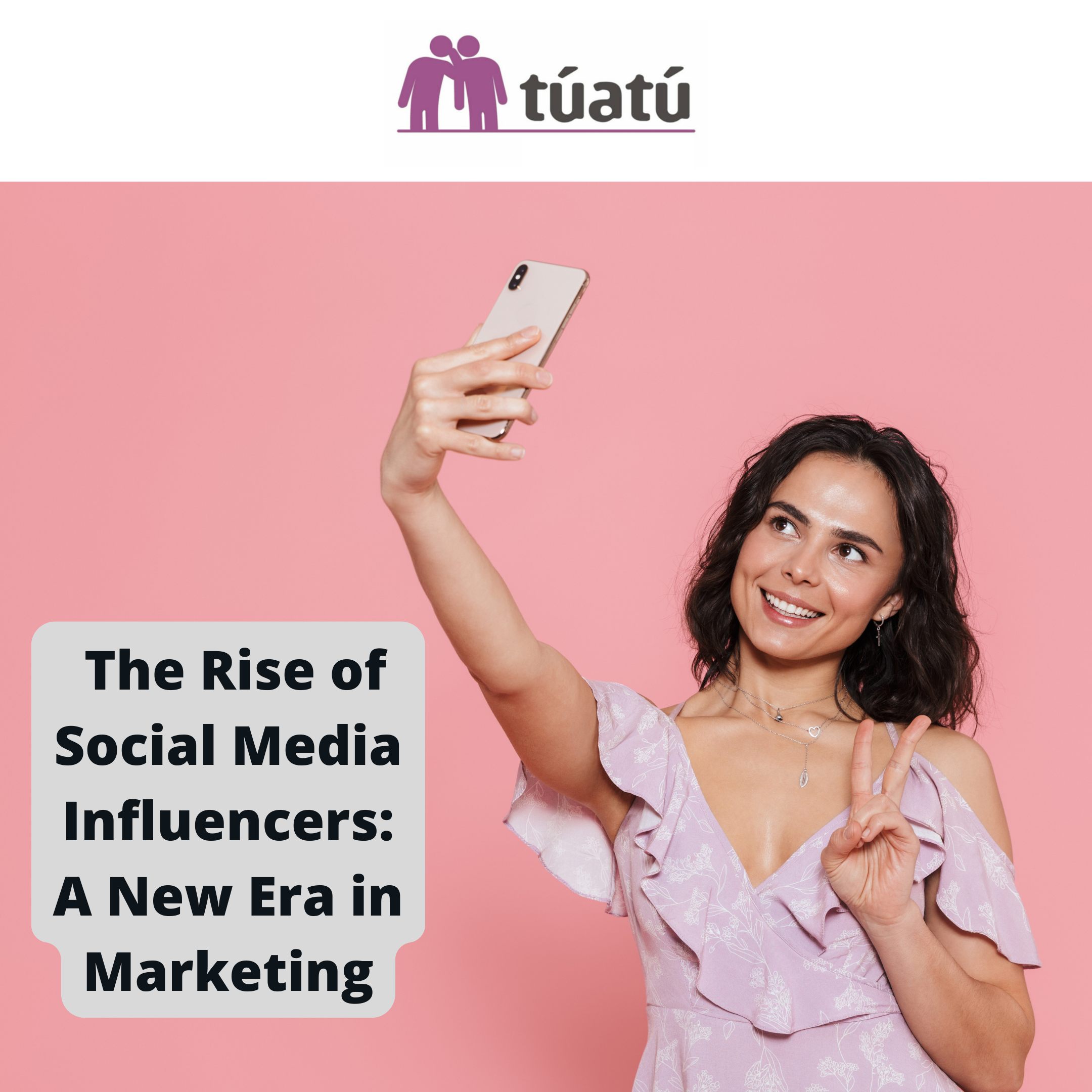In today's digital age, the landscape of marketing has undergone a profound transformation, with the emergence of social media influencers reshaping the way brands engage with their audience. Once relegated to niche markets, influencers have transcended demographic boundaries, captivating audiences of all ages with their authentic voices and compelling content. As the phenomenon of influencer marketing continues to gain momentum, it's imperative to explore its nuances, challenges, and implications for brands seeking to harness its potential.
The Dynamics of Influencer Marketing
Influencer marketing has become a cornerstone of modern brand strategy, offering a direct line of communication to engaged and receptive audiences across various social media platforms. From lifestyle enthusiasts and beauty gurus to fitness aficionados and tech mavens, influencers span a diverse spectrum of interests and demographics, enabling brands to tailor their message to specific niche communities with unparalleled precision.
At the heart of influencer marketing lies a symbiotic relationship between creators and brands, wherein influencers leverage their credibility and authenticity to endorse products and services to their followers. Through a variety of monetization strategies, influencers monetize their online presence, including sponsored content, affiliate marketing, advertising, creator support, subscriptions, and merchandise sales, among others.
The Dominance of Social Media Platforms
The advent of social media has democratized the influencer landscape, providing a platform for individuals to cultivate and curate their personal brand identities. Among all the social media platforms, Facebook, Instagram, TikTok, and YouTube reign supreme as the primary battlegrounds for influencer marketing campaigns. These platforms not only boast staggering user bases but also offer sophisticated targeting tools and analytics, empowering brands to maximize their reach and impact.
For advertisers, social media platforms represent fertile ground for disseminating branded content and engaging with target demographics in a meaningful and impactful manner. By leveraging the reach and influence of prominent creators, advertisers can amplify brand messaging, drive conversions, and foster authentic connections with consumers.
Navigating the Risks and Challenges
While influencer marketing offers undeniable benefits, it is not without its share of challenges and risks. Chief among these concerns is the issue of inconsistent quality, wherein the effectiveness of influencer campaigns may vary widely depending on factors such as content relevance, audience engagement, and brand alignment. Additionally, metrics and performance indicators may fluctuate, posing challenges for brands seeking to measure the ROI of their influencer partnerships accurately.
Moreover, influencers themselves are not immune to reputational risks, as controversies and image-related scandals can tarnish their credibility and erode consumer trust. Brands must exercise due diligence when selecting and vetting potential influencers, ensuring alignment with brand values and mitigating the risk of reputational damage.
The Future of Influencer Marketing
Despite these challenges, the allure of influencer marketing shows no signs of waning, as evidenced by the growing investment and interest from brands and advertisers. According to recent studies, a staggering 67% of companies plan to increase their budget for influencer marketing, surpassing traditional media channels in terms of budget allocation.
As brands continue to embrace influencer marketing as a cornerstone of their marketing strategy, the industry is poised for continued growth and innovation. By fostering authentic connections, driving brand awareness, and fostering meaningful engagement, influencers are reshaping the marketing landscape one post at a time.
In conclusion, the rise of social media influencers represents a paradigm shift in the way brands connect with consumers in the digital age. Through authentic storytelling, compelling content, and strategic partnerships, influencers have emerged as powerful advocates and ambassadors for brands seeking to navigate the ever-evolving landscape of digital marketing. As the influence of social media continues to expand, influencer marketing will remain a potent force driving brand success in the years to come.


